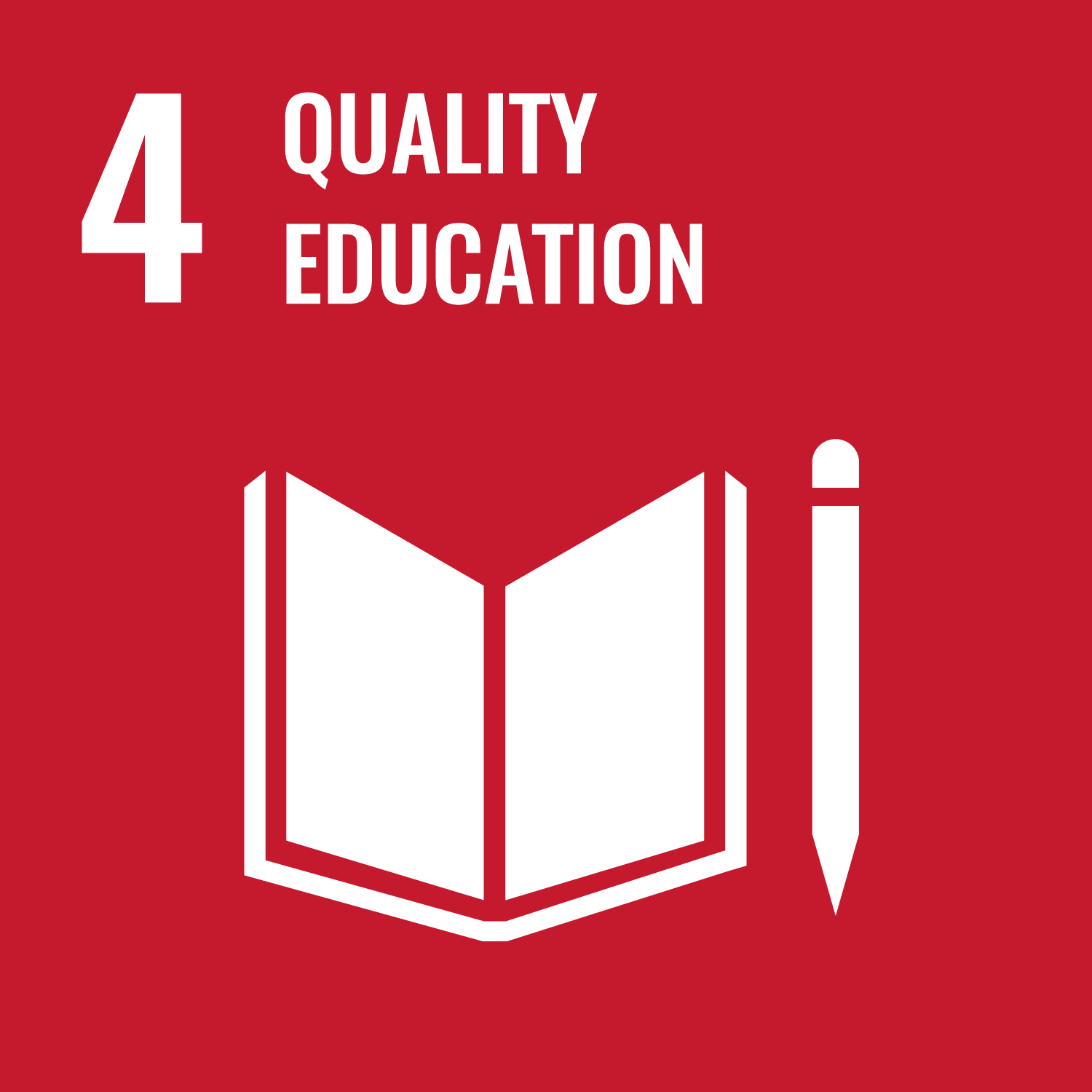UPV and UOC researchers launch Ibero-American Network for the Futurization of Higher Education
The researchers have created the Open Future Lab, an innovative laboratory "to understand the future beyond conventional predictions"This initiative harnesses the full potential of artificial intelligence to guide informed decisions in a wide range of sectors including education, retail, leisure, cuisine and pharmaceuticals

For more than five years, researchers from the Universitat Politècnica de València (UPV) and the Universitat Oberta de Catalunya (UOC) have devoted their efforts to developing innovative methodologies to guide and facilitate strategic changes in organizations around the world. In this context, the UPV-UOC team has just established the Open Future Lab association, a non-profit organization to develop the Ibero-American Network for the Futurization of Higher Education (Red Iberoamericana de Futurización de la Educación Superior).
This association, founded and directed by Antonia Ferrer Sapena, Enrique Sánchez Pérez, Fernanda Peset, Pedro Fernández de Córdoba (from the UPV) and Pablo Lara Navarra (from the UOC), with the collaboration of Enric Serradell and Jordi Sánchez-Navarro (from the UOC), already has its first ambassadors in various Latin American countries: Carlos Fosca (Peru), Víctor Castaño (Mexico) and Camilo Delgado (Colombia).
Open Future Lab brings together a multidisciplinary team that is committed to understanding the future beyond conventional predictions and integrates sophisticated mathematical tools with automated big data analysis. The initiative harnesses the full potential of artificial intelligence to guide informed decisions in a wide range of sectors, including education, but also leisure, cuisine, pharmaceuticals and retail.
To achieve this, the Open Future Lab team has developed future trend forecasting methods based on conceptual analysis, fuzzy mathematics and machine learning techniques.
"These tools make it possible to examine the big data available on the internet. Our goal is to help make informed decisions in any field of human activity. In short, it's a method that combines qualitative and quantitative analysis, based on data and text-based information, that uses artificial intelligence to draw up optimal strategies in dynamic and complex environments, such as those faced by organizations today," said Pedro Fernández de Córdoba.
Unique Future Dialogues
These future scenario analysis tools have been showcased in recent years at the "Diálogos Futuros Singulares" (Unique Future Dialogues) series of events. The first, which took place in Barcelona, featured Prof. Galileo Violini, an academic with an extensive career in scientific policy in Latin America who has received such accolades as the John Wheatley Award, the Joseph A. Burton Forum Award from the American Physical Society or the Spirit of Abdus Salam Award.
These Dialogues focused on the prospects of higher education in Latin America. In fact, Open Future Lab has launched futurization projects in various academic institutions in the region. In particular, it collaborates with the Pontifical Catholic University of Peru (PUCP), whose Graduate School is seeking future opportunities with the Open Future Lab methodology. This collaboration includes the co-creation of future strategies with executives, managers, faculty members and students linked to this Andean institution.
The second, held in Valencia in March 2024, included a futurization workshop for representatives of the innovation hub of the government of the Mexican state of Nayarit who wish to change the economy bases and differentiate themselves from other tourism models.
Next objectives
"Our objectives for the coming months are to continue with the futurization project for postgraduate education and lifelong learning that is being developed at the Pontifical Catholic University of Peru; to extend it to other universities in the region; to consolidate the network of universities that have joined this initiative; and to hold the network's first conference. We also want to promote the project in areas other than education, and we're working more closely with the government of Nayarit to do so," said Antonia Ferrer.
This initiative supports the Sustainable Development Goals (SDGs), number 4, Quality Education.
UOC R&I
The UOC's research and innovation (R&I) is helping overcome pressing challenges faced by global societies in the 21st century by studying interactions between technology and human & social sciences with a specific focus on the network society, e-learning and e-health.
Over 500 researchers and more than 50 research groups work in the UOC's seven faculties, its eLearning Research programme and its two research centres: the Internet Interdisciplinary Institute (IN3) and the eHealth Center (eHC).
The university also develops online learning innovations at its eLearning Innovation Center (eLinC), as well as UOC community entrepreneurship and knowledge transfer via the Hubbik platform.
Open knowledge and the goals of the United Nations 2030 Agenda for Sustainable Development serve as strategic pillars for the UOC's teaching, research and innovation. More information: research.uoc.edu.
Experts UOC
Press contact
-
Anna Sánchez-Juárez

